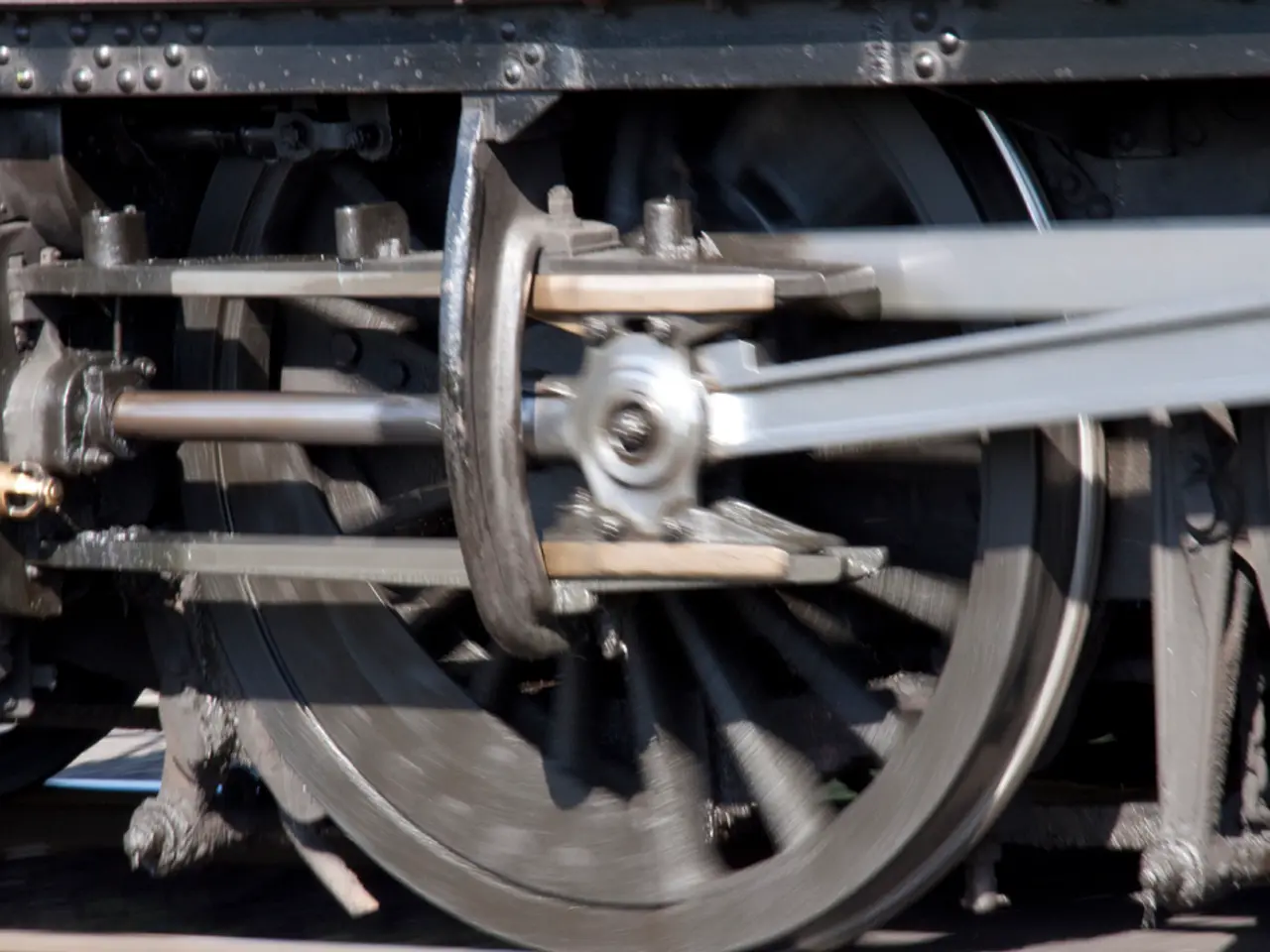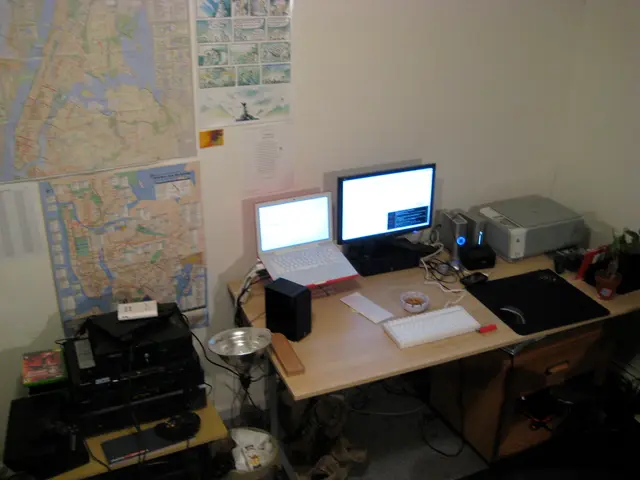Engineering sector in Germany under heightened vigilance
The German machinery industry, a significant contributor to the country's economic success, is currently facing a threatening situation, as revealed by VDMA President Bertram Kawlath. The industry's downturn for the third consecutive year in 2025, with a projected decrease of 5%, is a cause for concern.
Kawlath has called for bold action from politics, citing anger among companies due to unimplemented promised reforms, trade wars, and excessive bureaucracy. He specifically mentioned the USA and China as important export regions where the industry faces competitive disadvantages due to tariffs and threats.
The US tariff list, which is reviewed every four months and can be expanded, creates a planning security issue for European machinery companies. Around 40% of machinery imports from the EU to the USA are now subject to a 50% tariff on the metal content of the product, making it difficult for companies to calculate and prove the metal content and trace the origin of the steel and aluminum used, potentially leading to 200% tariffs on the entire product.
In response, Kawlath has demanded that the European Union make it clear to the USA that European machinery enables American production and exports and should therefore be exempt from tariffs. He also called for a China strategy from the new federal government, emphasizing the need to address the significantly subsidized Chinese competition.
The VDMA, in partnership with McKinsey, has presented a study titled 'Competitiveness in a new era - success factors, trends and action steps in European machinery and plant engineering'. The study describes eight success factors, including operational excellence, innovation, and geopolitical resilience. The VDMA has also challenged companies in the industry to secure their competitiveness through their own measures, including testing established business models and preparing for increased roles of digitalization and artificial intelligence.
Dorothee Herring, study author and Senior Partner at McKinsey, emphasized the need to unleash the innovation power of the industry in products, processes, and business strategies. Martin Ciupek, an engineer and technology journalist with a focus on machinery, robotics, and automation technology, has been following the developments closely.
The most important export markets for the German machinery and plant engineering industry outside Europe are primarily the USA, China, and other key industrialized countries. The VDMA has filed complaints against tariff barriers and unfair competition practices in these markets, particularly concerning tariff policies and trade restrictions affecting machinery exports. However, specific recent details on the exact filed complaints by VDMA against tariffs and competition issues were not available in the search results.
As the industry navigates these challenges, it is clear that a clear political agenda is necessary to secure the economy, jobs, and social security system. The future of the German machinery industry lies in its ability to adapt, innovate, and maintain its competitive edge in a rapidly changing global landscape.
Read also:
- Development of Restaurant Apps: Expenses and Essential Elements
- Indian Oil Corporation's Panipat Refinery secures India's inaugural ISCC CORSIA accreditation for Sustainable Aviation Fuel production
- Ford Bets on an Affordable Electric Pickup Revolution with a $30,000 Design
- Rapid Charging Stations for Electric Vehicles Avoiding Grid Overload




